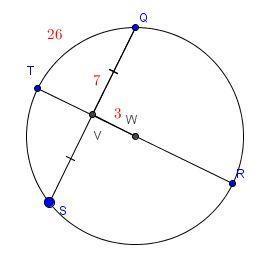
Mathematics, 11.04.2020 00:10 arrow87654
Statistically speaking, we are generally agnostic to which is a bigger problem, type I (false positive) errors or type II (false negative) errors. However, in certain circumstances it may be important to try and put more emphasis on avoiding one or the other. Can you think of an example of where you may want to try harder to avoid one type or another?

Answers: 1


Other questions on the subject: Mathematics




Mathematics, 21.06.2019 22:30, thelonewolf5020
Amachine that produces a special type of transistor (a component of computers) has a 2% defective rate. the production is considered a random process where each transistor is independent of the others. (a) what is the probability that the 10th transistor produced is the first with a defect? (b) what is the probability that the machine produces no defective transistors in a batch of 100? (c) on average, how many transistors would you expect to be produced before the first with a defect? what is the standard deviation? (d) another machine that also produces transistors has a 5% defective rate where each transistor is produced independent of the others. on average how many transistors would you expect to be produced with this machine before the first with a defect? what is the standard deviation? (e) based on your answers to parts (c) and (d), how does increasing the probability of an event a↵ect the mean and standard deviation of the wait time until success?
Answers: 3
You know the right answer?
Statistically speaking, we are generally agnostic to which is a bigger problem, type I (false positi...
Questions in other subjects:




English, 02.04.2021 18:10


Geography, 02.04.2021 18:10

Mathematics, 02.04.2021 18:10

Mathematics, 02.04.2021 18:10


Mathematics, 02.04.2021 18:10




